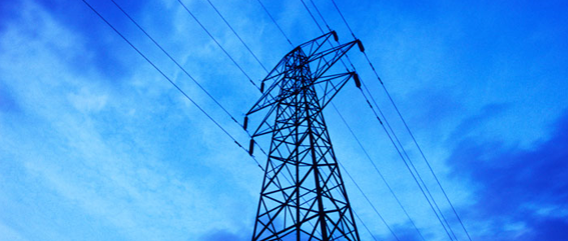Nevada to Vote on Electricity Deregulation
October 19, 2016

A proposal on the November 8 ballot will give Nevada voters the chance to open a competitive electricity energy market. A “yes” vote on Question 3 would initiate a replacement of the present monopoly system. Under this legislation, utilities would still charge for the delivery of electricity, but customers could buy their electricity supply.
Currently, the Nevada Public Utilities Commission regulates utility rates. The state’s utilities are also allowed to establish monopolies based on their respective service areas. Polls indicate that 70 percent of Nevadans support Question 3. If approved, the state would need to draft new rules and require another round of voting before becoming law. Nevada would then need to pass laws by 2023 to open energy markets to competition.
Clean energy advocates support the legislation. They argue it will lead to lower electricity prices and cheaper renewable energy. The following four entities favor the legislation for the same reasons: Las Vegas Sands, MGM Resorts International, Wynn Resorts Ltd., and data-storage firm Switch Ltd. All four asked the Nevada Public Utilities Commission for permission to leave NV Energy (owned by Warren Buffet’s Berkshire Hathaway), the state’s largest utility. The commission denied Switch’s bid, but approved the exit of the three casinos for significant sums: $24 million for Sands, $87 million for MGM, and $16 million for Wynn. Only MGM has paid the fee thus far. Sands and Wynn still buy their power from NV Energy. Switch is suing the commission in court because it thinks it is paying much more with NV Energy than it would in an open, competitive marketplace.
The state’s AFL-CIO union, on the other hand, opposes the measure. It represents 200,000 workers and is warning voters that the legislation would lead to utility bill increases and utility job losses. NV Energy, which powers 90 percent of the state’s electricity, worries about the same concerns despite its official neutrality on the matter.
A “yes” vote on Question 3 would reinforce a recent trend in deregulation across the country. More and more customers have bought their electricity from a third-party provider instead of their local utility to reap lower, competitive prices. Utilities face weaker power demand and competition from new efficient and renewable technologies.
